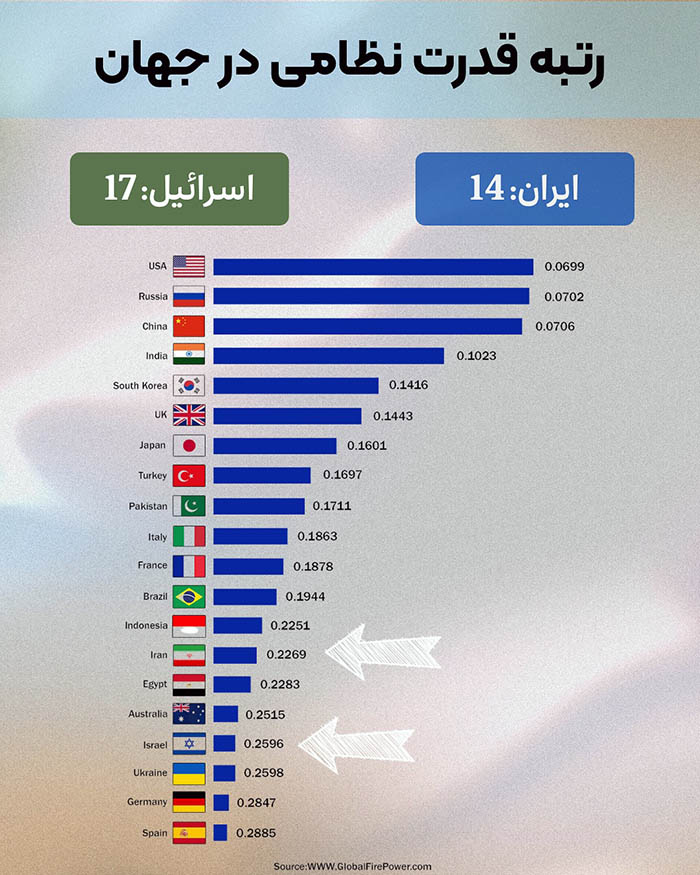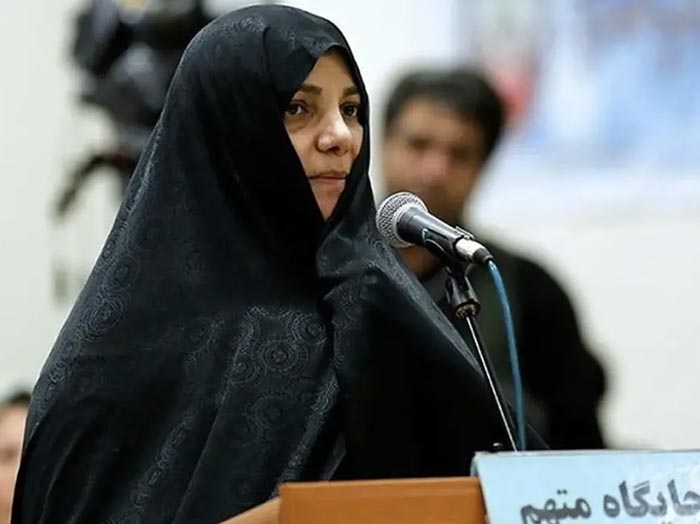Israel vs Iran Military Power 2025: A Strategic Analysis Amid Rising Middle East Tensions

Strategic Implications and Regional Stability in 2025
The ongoing military rivalry between Israel and Iran in 2025 has profound implications for regional stability, international security, and global energy markets. As tensions escalate, the risk of miscalculation, accidental conflict, or full-scale war increases, with cascading effects on neighboring countries, global markets, and diplomatic relations.
The Risk of Full-Scale War
A full-scale military confrontation between Israel and Iran could involve multiple domains:
- Conventional Warfare: Large-scale ground and air battles, potentially involving Iranian conventional forces and Israel’s advanced air and missile defenses.
- Proxy Warfare: Intensified missile, drone, and guerrilla attacks from Iran-backed groups such as Hezbollah, Hamas, and Houthis.
- Nuclear Escalation: Although Iran’s nuclear capability remains ambiguous, any move toward weaponization could trigger preemptive Israeli strikes or regional nuclear escalation.
- Cyber Warfare: Cyberattacks targeting critical infrastructure, financial systems, and military networks could destabilize entire economies and governments.
International Involvement and Diplomatic Efforts
Despite the rising tensions, diplomatic channels continue to seek de-escalation:
- U.S. Role: The United States aims to prevent regional escalation by supporting Israel’s defense and seeking negotiations with Iran over its nuclear program.
- European and Arab States: Some regional actors advocate for diplomatic solutions, fearing the destabilization of the Middle East and disruption of global energy supplies.
- United Nations: Calls for restraint, inspections, and negotiations to prevent conflict escalation.
Economic and Energy Market Impact
Any conflict involving Israel and Iran could severely impact global energy markets:
- Oil Prices: Likely to spike due to fears of disruptions in the Strait of Hormuz, a critical chokepoint for global oil shipments.
- Regional Economies: Countries like Saudi Arabia, the UAE, and Qatar could become embroiled in proxy conflicts or face spillover violence.
- Global Economy: Increased energy prices and geopolitical instability could lead to inflation, recession risks, and supply chain disruptions worldwide.
More stories
Marjan Shirmohammadi: Actress, Complete Biography & Career Overview
Introduction Marjan Shirmohammadi is a renowned Iranian actress, writer, costume designer, and cultural figure whose versatile talent has left an … Continue reading ➝
The Controversial Life and Legal Saga of Shabnam Nematzadeh: Political Heiress and Businesswoman in Spotlight
Introduction Shabnam Nematzadeh, daughter of Iran’s prominent politician Mohammad Reza Nematzadeh, has long been a name associated with Iran’s political … Continue reading ➝
Homayoun Ershadi: A Legendary Actor’s Life, Career, and Legacy
Introduction Homayoun Ershadi’s journey from the historic city of Isfahan to the international film stage embodies the remarkable potential of … Continue reading ➝
Hannibal Gaddafi After Prison Release: Major Breakthrough in Libyan Politics and Middle Eastern Affairs
Introduction The release of Hannibal Gaddafi, the son of former Libyan leader Muammar Gaddafi, after over a decade of imprisonment … Continue reading ➝
Rasoul Khadem: The Legendary Wrestler Who Became a National Hero and Humanitarian Icon
Introduction Rasoul Khadem Azghadi, born on March 17, 1977, in Mashhad, Iran, stands as one of the most celebrated figures … Continue reading ➝




